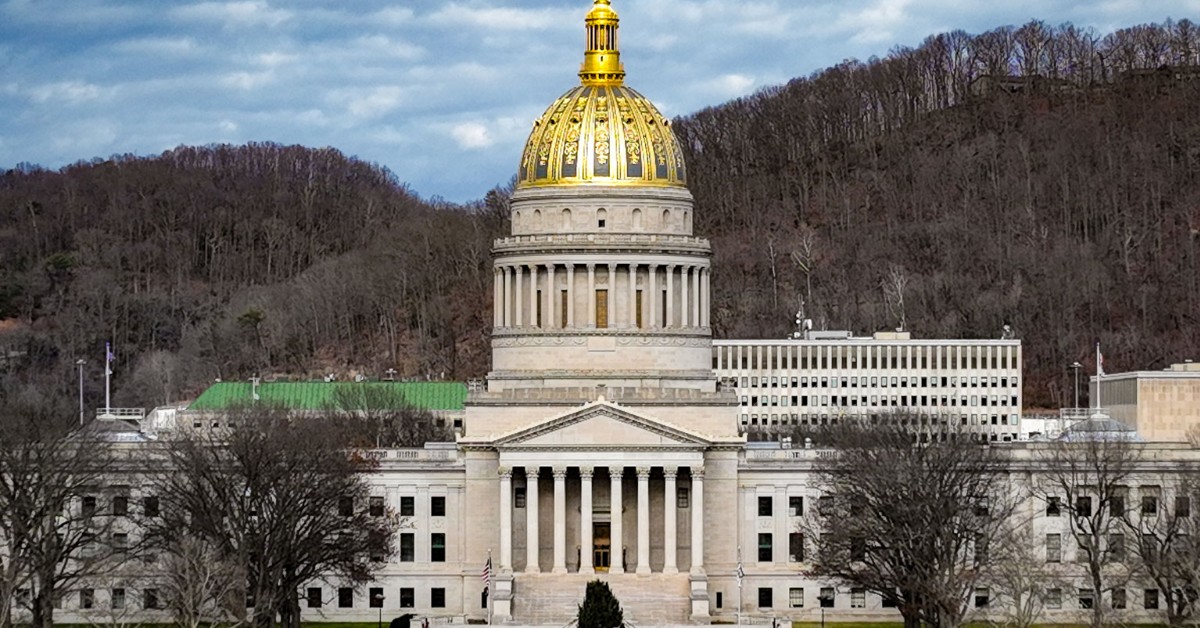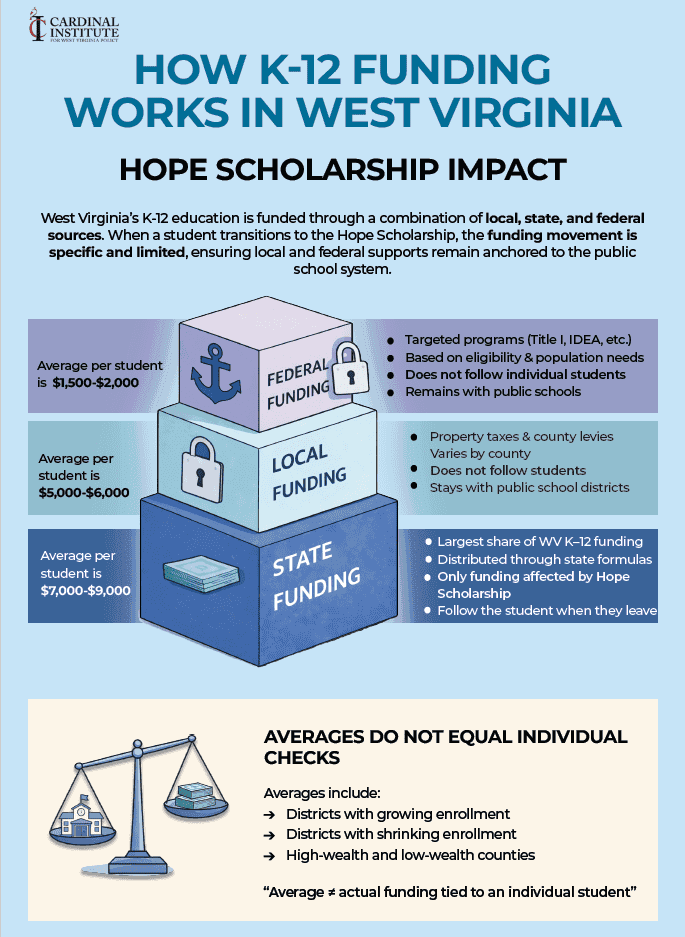
The Hard Work of Conservative Policy Reform in West Virginia Begins Now
Nearly A Decade of Change in West Virginia
It boggles the mind what’s happened to West Virginia since 2014. There is no doubt since Republicans became West Virginia’s legislative majority in 2014 that the state’s policy landscape has changed. The average West Virginian in 2013 would scarcely believe it. The past nine years have been replete with conservative reforms. These reforms were needed to help the state reverse its reputation for high poverty, big government, and low opportunity. They are still needed.
Conservative Policy Changes Made Waves
In just two years, 2015-2016, West Virginia passed sweeping legal reforms that allowed the state to abandon its long-time “judicial hellhole” moniker. Legislators also gave workers the freedom to choose whether to join a union with a policy known as “right-to-work.” No one would’ve guessed this could happen in a state long known for its historical ties to labor unions. At the time, policymakers, the media, and the public deeply contested and hotly debated these reforms. However each reform was necessary for the state to be more competitive compared to booming states like Tennessee, North Carolina, and South Carolina.
Recent Policy Reforms Continue
Recently, in 2021, West Virginia passed a trailblazing education choice policy known as the “Hope Scholarship.” It was the envy of the education reform world. Up until that year, West Virginia had no form of private school choice. It was like going from “fire in a cave” to “nuclear fusion” in just a few years. Since 2021, several other states have followed West Virginia’s lead in passing similar universal private education choice programs.
Earlier this year, Gov. Justice and the legislature passed the largest income tax cut in the state’s history. This tax reform will lead to hundreds of millions of dollars remaining in the pockets of those who earned it. West Virginians can spend, save, and invest their money as they see fit. Those dollars will no longer end up in the halls of Charleston’s myriad bureaucracies.
Any one of these reforms over the last nine years would have been cause for major celebration. Taken together, they are a clear sign that West Virginia’s new dominant party recognizes the need to try something different. Whatever the governing philosophy of West Virginia was from 1863-2014, it simply was not working. Conservative policies have led, and won the day.
Now, what?
Policymakers, Don’t Hang Up Your Hats Yet
While representing a seismic shift in policy, West Virginia’s reforms were, to most conservative, free-market types, obvious and necessary. They represented philosophical “low-hanging fruit.” That’s not to say the reforms were easy or pre-ordained – far from it, in fact. Each of those reforms required an iron will, strong leadership, and a very clear vision of a better, more prosperous future for West Virginians of every stripe.
However, cutting taxes, expanding access to education choice, common sense legal reforms, and allowing workers to choose to join a union has long been a part of mainstream conservative, free market orthodoxy – an orthodoxy to which I happily subscribe. West Virginia had obvious problems for a very, very long time, so the solutions were in plain sight.
With many of West Virginia’s most obvious reforms behind us, the question naturally arises: what is the state’s conservative vision moving forward?
If I may be so bold as to suggest one, and only one, option for West Virginia conservatism: expanding opportunity.
West Virginia Needs More Policy That Expands Opportunity
Through the previous decades, West Virginia has accumulated quite a bit of policy “pebbles” that have made it difficult for ordinary people to access opportunities. The pebbles have manifested in many ways. The proliferation of boards and commissions and occupational licenses, which make it difficult, often unnecessarily so, for folks to work. An esoteric, Soviet-esque policy known as “certificate of need” allows entrenched healthcare conglomerates to keep competition at bay. (If you’ve noticed hospital consolidation around the state, you can thank certificate of need for a substantial part of that.)
One pebble will not stop the flow of a stream, but over time, in West Virginia’s case, over 150 years, the constant accumulation of pebbles will dam a stream … and a state. The successful conservative, free-market project in West Virginia must continue to identify and remove pebbles. This process will often come with little fanfare and strong entrenched opposition. But we must remove these pebbles in the way of better, more prosperous futures, to reach the end goal of making West Virginia a true “Opportunity State.”
These kinds of reforms do not lend themselves to headlines, parades, or ribbon-cutting ceremonies, but they are the necessary marrow of a strong conservative project and prosperous, healthy body politic.
It’s time to craft this opportunity vision.
Garrett Ballengee is the President & CEO of the Cardinal Institute for West Virginia Policy.








